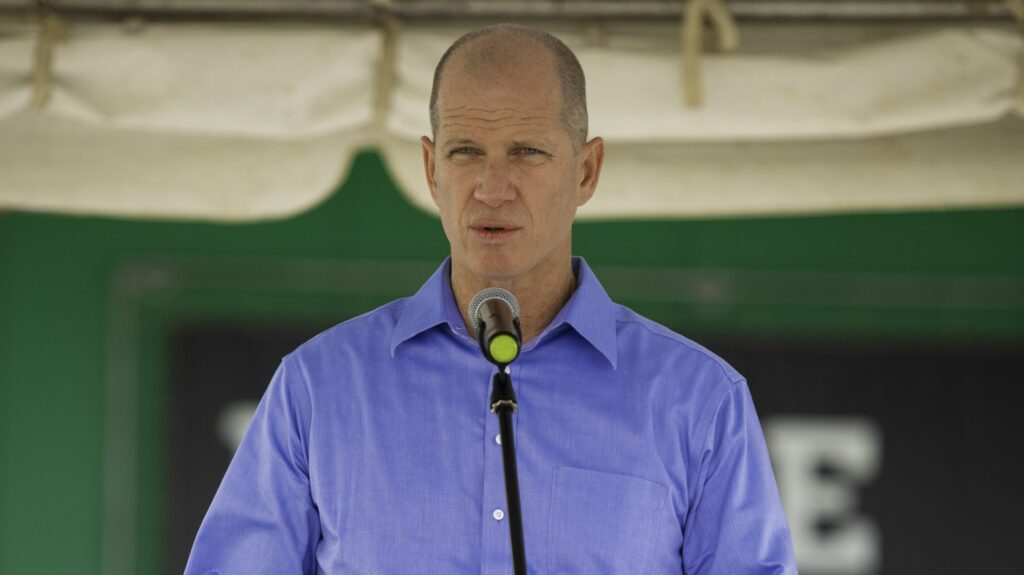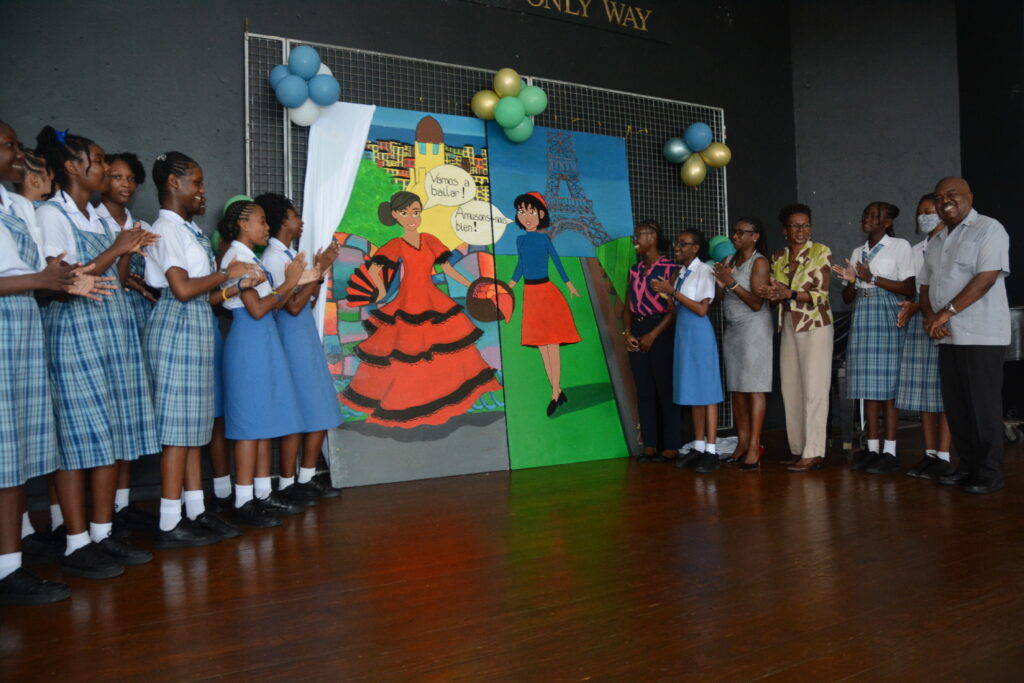In a bid to tackle noise pollution disrupting communities, Prime Minister Mia Mottley has announced a plan for zoning regulations and soundproofing measures, aiming to strike a balance between cultural vibrancy and the tranquillity of neighbourhoods.
She told the Parish Speaks town hall meeting in St Michael on Monday evening that clear frameworks were urgently needed to curb excessive noise while preserving social and economic lifelines.
The issue of noise pollution, exacerbated by activities at schools and community centres, has become a major source of frustration for residents. At the same time, broader environmental challenges, including flooding and outdated infrastructure linked to climate change, dominated discussions, with the government promising long-term solutions to these growing problems.
Noise pollution has long been a contentious issue, particularly in neighbourhoods close to schools and community centres hosting frequent activities. Residents have reported sleepless nights and disrupted daily lives, with many calling for stricter regulations and enforcement to curb excessive noise.
Acknowledging the problem, the prime minister stated: “We need to have reasonable discussions because every night can’t be fete night till two and three o’clock in the morning. There has to be balance. In life, there’s what? Balance.”
Mottley highlighted zoning as a critical solution to managing noise levels.
“We need zones because the country earns its living from tourism. And we need to know that if you’re in that particular zone, you are at risk of louder music than if you’re living in other places. Because if not, we will have a very quiet country, but no revenue coming in,” she said.
The PM proposed dividing the island into zones that reflect varying levels of permissible noise, ensuring that residential areas are protected while cultural and economic activities continue unhindered in designated zones. This approach, she said, would create clarity and fairness for all stakeholders.
Throughout the meeting, several complaints focused on noise generated from schools and community centres embedded in residential areas. Activities such as steel band rehearsals, ballroom dancing classes, and public meetings have drawn the ire of residents who feel their peace is being disturbed.
Margo Belgrave, who lives behind the St Leonard’s Boys’ School in Richmond Gap, said: “I love the school hall. I can hear assembly any morning. I can hear all the wonderful things the school is doing. They have a steel pan, and I love that, but I get sick of it. Not because I don’t want the children to play; I approve wholeheartedly of them being there and being engaged in something proper.”
She stressed that the issue is not the activities themselves but their impact on the neighbourhood: “I can’t remember the name of the dance group, but there’s a ballroom dance group there three evenings a week. And then there’s the Barbados steel pan group that rehearses there.”
The prime minister proposed soundproofing as a practical solution.
She said: “We need to do an assessment and treat this as a special project. I suspect your problem with the school hall is that it is open and the noise is travelling.”
Mottley noted that while air-conditioning some facilities may help, it must be done cautiously to avoid creating issues like mould, which has plagued poorly maintained buildings in the past.
She noted that the government was committed to ensuring that cultural activities, which are vital to the country’s social fabric, continue without causing undue stress to residents. The proposed zoning regulations would clearly define where cultural and recreational activities can thrive, balancing the needs of both event organisers and communities.
“This country has to learn to grow up and do certain things,” she said. “We need to create frameworks for balance—where people can enjoy cultural activities without infringing on the rights of others to live peacefully.”
While the proposed zoning regulations and soundproofing initiatives aim to address immediate concerns, Mottley noted the government also sees these changes as part of a broader strategy to improve the quality of life in Barbados. She acknowledged that addressing noise pollution is just one piece of the puzzle in making the island more livable and resilient.
“It is going to take the country at least a decade to start to change out and make the country resilient and fit for the new reality we are facing,” she said. “These challenges won’t be solved overnight, but we are committed to making progress every day.”
(RG)
The post PM announces zoning plan to address noise pollution appeared first on Barbados Today.


